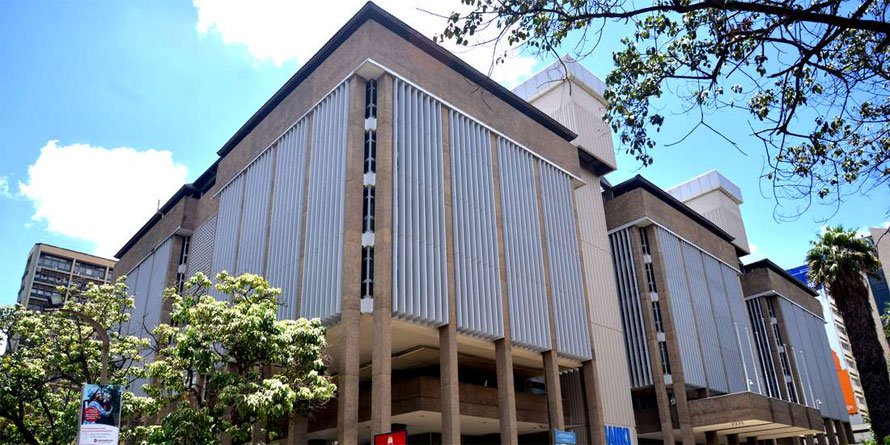The Central Bank of Kenya building in Nairobi. file PHOTO | NMG The value of Kenya’s fish exports dropped steeply following 2015’s closure of Imperial Bank and the subsequent shutdown of a major exporter that transacted its business through the troubled bank.
Latest industry data shows that the value of fish exports dropped by Sh1 billion last year after a number of fish processors including W.E Tilley Muthaiga Limited – the fish firm at the centre of Imperial Bank saga – closed shop.
The fish processor collapsed after most of its money got stuck in Imperial Bank, currently in receivership.
Department of Fisheries’ latest data show that Kenya’s earnings from exports dropped from Sh3.12 billion in 2016 to Sh2.3 billion last year.
Victoria Delight and J Fish based in Kisumu also closed shop in the review period.
“It was very hard for these fish processors to operate after the closure of Imperial Bank as they were conducting their transactions through the lender, forcing them to halt operations. This resulted to low volume of fish meant for exports last year and affected the earnings,” the report says.
Kenya exported 3,502 tonnes of fish in 2017, a decline from 4,686 tonnes in 2016 when the plants closed shop.
Kenya mainly exports frozen Nile Perch, tuna, octopus, frozen whole tilapia and lobsters among others caught in the inland lakes and the ocean.
Kenya has a larger fishing zone in the Indian Ocean but is yet to utilise it, in what has been partly blamed for the low volumes of fish caught annually.
Under the Exclusive Economic Zones, local fishermen are allowed to fish up to 200 nautical miles from the Kenyan shores, but they are operating at below five nautical miles for lack of appropriate fishing gear to explore the deep sea waters.
